Best movies like Everyone Dies Alone
A unique, carefully handpicked, selection of the best movies like Everyone Dies Alone Starring Hildegard Knef, Carl Raddatz, Sylvia Manas, Martin Hirthe, and more. If you liked Everyone Dies Alone then you may also like: The Four Horsemen of the Apocalypse, Uncertain Glory, The Wizard of Loneliness, Night Train to Munich, Night Will Fall and many more popular movies featured on this list. You can further filter the list even more or get a random selection from the list of similar movies, to make your selection even easier.
When they start losing family members and neighbors due to WWII and the Nazi government's policies, a quiet married couple becomes disillusioned and begins spreading leaflets against the government - a crime punishable by death.
Everyone Dies Alone
You may filter the list of movies on this page for a more refined, personalized selection of movies.
Still not sure what to watch click the recommend buttun below to get a movie recommendation selected from all the movies on this list
Uncertain Glory
In occupied France, a convicted thief and murderer escapes the guillotine when a bombing raid strikes the prison, but is quickly re-captured by the inspector of the Surete responsible for his original arrest. Fearing the guillotine more than his actual death, the convict inveigles the inspector to help him with a plan to rescue 100 Frenchmen taken by the Gestapo following an act of sabotage: he will confess to being the saboteur and allow himself to be executed by firing squad, the Gestapo's method of execution, thus freeing the 100 men.
The Wizard of Loneliness
After his mother dies and father goes to fight in World War II, a young boy moves in with his aunt and uncle who live in the countryside. Lonely and unhappy, he starts believing he has super powers. Then a "dead" man shows up.
Night Train to Munich
Czechoslovakia, March 1939, on the eve of World War II. As the German invaders occupy Prague, inventor Axel Bomasch manages to flee and reach England; but those who need to put his knowledge at the service of the Nazi war machine, in order to carry out their evil plans of destruction, will stop at nothing to capture him.
Night Will Fall
When Allied forces liberated the Nazi concentration camps in 1944-45, their terrible discoveries were recorded by army and newsreel cameramen, revealing for the first time the full horror of what had happened. Making use of British, Soviet and American footage, the Ministry of Information’s Sidney Bernstein (later founder of Granada Television) aimed to create a documentary that would provide lasting, undeniable evidence of the Nazis’ unspeakable crimes. He commissioned a wealth of British talent, including editor Stewart McAllister, writer and future cabinet minister Richard Crossman – and, as treatment advisor, his friend Alfred Hitchcock. Yet, despite initial support from the British and US Governments, the film was shelved, and only now, 70 years on, has it been restored and completed by Imperial War Museums under its original title "German Concentration Camps Factual Survey".
Battle of Norway - Campaign 1940
Kampf um Norwegen – Feldzug 1940 is a 1940 Nazi propaganda film directed by Martin Rikli and Dr. Werner Buhre under orders of the Oberkommando der Wehrmacht. The documentary film follows the Invasion of Denmark and Norway in the spring of 1940
Alone in Berlin
Berlin in June of 1940. While Nazi propaganda celebrates the regime’s victory over France, a kitchen-cum-living room in Prenzlauer Berg is filled with grief. Anna and Otto Quangel’s son has been killed at the front. This working class couple had long believed in the ‘Führer’ and followed him willingly, but now they realise that his promises are nothing but lies and deceit. They begin writing postcards as a form of resistance and in a bid to raise awareness: Stop the war machine! Kill Hitler! Putting their lives at risk, they distribute these cards in the entrances of tenement buildings and in stairwells. But the SS and the Gestapo are soon onto them, and even their neighbours pose a threat.
Anthropoid
In December 1941, Czech soldiers Jozef Gabčík and Jan Kubiš parachute into their occupied homeland to assassinate Nazi officer Reinhard Heydrich.
Babiy Yar
Autumn 1941. The Russian army flees Kiev, chaos reigns, soldiers attempt to trade their uniforms for civilian clothes in order to escape unnoticed. The war and pending capture of Kiev by the Germans is the only topic of discussion. Everyone has heard of the horrible things that have happened in other areas, where Jews were brutally and inhumanely murdered. Indecision and despair spread like wildfire among the population. As the German army marches in, fear and horror take over.
Before the Fall
In 1942, Friedrich Weimer's boxing skills get him an appointment to a National Political Academy (NaPolA) – high schools that produce Nazi elite. Over his father's objections, Friedrich enrolls. During his year in seventh column,Friedrich encounters hazing, cruelty, death, and the Nazi code. His friendship with Albrecht, the ascetic son of the area's governor, is central to this education.
Black Book
In the Nazi-occupied Netherlands during World War II, a Jewish singer infiltrates the regional Gestapo headquarters for the Dutch resistance.
The Book Thief
While subjected to the horrors of WWII Germany, young Liesel finds solace by stealing books and sharing them with others. Under the stairs in her home, a Jewish refugee is being sheltered by her adoptive parents.
The Boy in the Striped Pyjamas
When his family moves from their home in Berlin to a strange new house in Poland, young Bruno befriends Shmuel, a boy who lives on the other side of the fence where everyone seems to be wearing striped pajamas. Unaware of Shmuel's fate as a Jewish prisoner or the role his own Nazi father plays in his imprisonment, Bruno embarks on a dangerous journey inside the camp's walls.
Breakthrough
Starting in late May 1944, during the German retreat on the Eastern Front, Captain Stransky (Helmut Griem) orders Sergeant Steiner (Richard Burton) to blow up a railway tunnel to prevent Russian forces from using it. Steiner's platoon fails in its mission by coming up against a Russian tank. Steiner then takes a furlough to Paris just as the Allies launch their invasion of Normandy.
The Young Lions
The Young Lions follows the lives of three soldiers: one German and two Americans, paralleling their experiences in World War II until they meet up at the end for a confrontation
The Man with the Iron Heart
With the Third Reich at its peak in 1942, the Czech resistance in London plans the most ambitious military operation of WWII – Anthropoid. Two young recruits are sent to Prague to assassinate the most ruthless Nazi leader – Reinhardt Heydrich, head of the SS, the Gestapo and the architect of the Final Solution.
Valkyrie
Wounded in Africa during World War II, Nazi Col. Claus von Stauffenberg returns to his native Germany and joins the Resistance in a daring plan to create a shadow government and assassinate Adolf Hitler. When events unfold so that he becomes a central player, he finds himself tasked with both leading the coup and personally killing the Führer.
Sophie Scholl: The Final Days
In 1943, as Hitler continues to wage war across Europe, a group of college students mount an underground resistance movement in Munich. Dedicated expressly to the downfall of the monolithic Third Reich war machine, they call themselves the White Rose. One of its few female members, Sophie Scholl is captured during a dangerous mission to distribute pamphlets on campus with her brother Hans. Unwavering in her convictions and loyalty to the White Rose, her cross-examination by the Gestapo quickly escalates into a searing test of wills as Scholl delivers a passionate call to freedom and personal responsibility.
The Devil's General
Curt Jurgens stars as a courageous Luftwaffe officer. Jurgens loves the service, even though he barely tolerates the Hitler regime. Sickened by wartime Nazi atrocities, Jurgens renounces his government, and is imprisoned and tortured as a result. Once released, the general takes pity on a downtrodden Jewish family. This isolated act of kindness is a point in his favor when Jurgens stands before Satan himself for his final judgment. The Devil's General was based on an immensely successful postwar play by German author Carl Zuckmeyer.
Fatherland
Fictional account of what might have happened if Hitler had won the war. It is now the 1960s and Germany's war crimes have so far been kept a secret. Hitler wants to talk peace with the US president. An American journalist and a German homicide cop stumble into a plot to destroy all evidence of the genocide.
Germany Pale Mother
Germany 1939. Hans and Lene marry the day before the war breaks out, and Hans is sent to the Eastern front. During a bombing raid their daughter Anna is born. The house is destroyed and Lene and Anna moves in with relatives in Berlin. Hans survives the war but he is not the same person as in 1939, and he and Lene find it difficult to live together again.
Germany, Year Zero
In the ruins of post-WWII Berlin, a twelve-year-old boy is left to his own devices in order to help provide for his family.
The Aryan Couple
A WWII Drama about a German/Jewish industrialist who, in order to ensure his family's safe passage out of Germany, is forced to hand over his business to the Nazis.
The Heroes of Telemark
Set in German-occupied Norway, resistance fighter Knut Straud enlists the reluctant physicist Rolf Pedersen in an effort to destroy the German heavy water production plant in rural Telemark.
Hôtel Terminus: The Life and Times of Klaus Barbie
Winner of a Best Documentary Academy Award, Marcel Ophuls' riveting film details the heinous legacy of the Gestapo head dubbed "The Butcher of Lyon." Responsible for over 4,000 deaths in occupied France during World War II, Barbie would escape--with U.S. help--to South America in 1951, where he lived until a global manhunt led to his 1983 arrest and subsequent trial.
The Sorrow and the Pity
From 1940 to 1944, France's Vichy government collaborated with Nazi Germany. Marcel Ophüls mixes archival footage with 1969 interviews of a German officer and of collaborators and resistance fighters from Clermont-Ferrand. They comment on the nature, details and reasons for the collaboration, from anti-Semitism, xenophobia, and fear of Bolsheviks, to simple caution. Part one, "The Collapse," includes an extended interview with Pierre Mendès-France, jailed for anti-Vichy action and later France's Prime Minister. At the heart of part two, "The Choice," is an interview with Christian de la Mazière, one of 7,000 French youth to fight on the eastern front wearing German uniforms.
Special Section
In occupied France during the WWII, a German officer is murdered. The collaborationist Vichy government decides to pin the murder on six petty criminals. Loyal judges are called in to convict them as quickly as possible.
Operation Valkyrie
In 1944, a group of high command officers plot an attempt against Hitler, and one of the leaders of the conspiracy, Stauffenberg (Sebastian Koch), goes to a meeting with the Fuhrer in charge of exploding the place. However, Hitler survives and the officers are executed. This unsuccessful operation was called "Valkyrie Operation", and this realistic movie discloses this true event.
Toyland
On a winter morning, a mother goes to waken her son Heinrich; his bed is empty. She leaves her flat to find him. The neighbors' door, with a Star of David painted on it, is ajar, the furnishings in disarray, the family gone. She asks passersby, runs to the police then on to the rail yard. Flashbacks show that Heinrich and the neighbors' son Paul are six years old and best friends. Paul's family's deportation is expected soon; Heinrich's mother tells her son that they're going to Toyland. Heinrich wants to go with them, has a bag packed, and listens for their departure. His mother realizes he's joined them, and her resolve becomes more urgent. Will she arrive in time to save Heinrich?
The Train
As the Allied forces approach Paris in August 1944, German Colonel Von Waldheim is desperate to take all of France's greatest paintings to Germany. He manages to secure a train to transport the valuable art works even as the chaos of retreat descends upon them. The French resistance however wants to stop them from stealing their national treasures but have received orders from London that they are not to be destroyed. The station master, Labiche, is tasked with scheduling the train and making it all happen smoothly but he is also part of a dwindling group of resistance fighters tasked with preventing the theft. He and others stage an elaborate ruse to keep the train from ever leaving French territory.
Lili Marleen
The story of a German singer named Willie who while working in Switzerland falls in love with a Jewish composer named Robert whose family is helping people to flee from the Nazis. Robert’s family is skeptical of Willie, thinking she could be a Nazi as she becomes famous for singing the song “Lili Marleen”.
The Last Train
A group of people are imprisoned in a rail car bound from Berlin to a concentration camp in 1945.
Commandos Strike at Dawn
A gentle widower, enraged at Nazi atrocities against his peaceful Norwegian fishing village, escapes to Britain and returns leading a commando force against the oppressors.
2 or 3 Things I Know About Him
What would your family reminiscences about dad sound like if he had been an early supporter of Hitler’s, a leader of the notorious SA and the Third Reich’s minister in charge of Slovakia, including its Final Solution? Executed as a war criminal in 1947, Hanns Ludin left behind a grieving widow and six young children, the youngest of whom became a filmmaker. It's a fascinating, maddening, sometimes even humorous look at what the director calls "a typical German story." (Film Forum)
A Bag of Marbles
In occupied France, Maurice and Joseph, two young Jewish brothers left to their own devices demonstrate an incredible amount of cleverness, courage, and ingenuity to escape the enemy invasion and to try to reunite their family once again.
Counterpoint
In December of 1944, Lionel Evans, an internationally renowned American conductor, is on a USO tour with his 70-piece symphony orchestra in newly-liberated Belgium. While fleeing from a German counterattack, Evans and his orchestra members are captured by a Panzer division and taken to an old chateau in Luxembourg. Despite orders to execute every prisoner, General Schiller, an avid music lover, commands Evans to give a private concert for him.
The Devil's Arithmetic
An American-born Jewish adolescent, Hannah Stern, is uninterested in the culture, faith and customs of her relatives. However, she begins to revaluate her heritage when she has a supernatural experience that transports her back to a Nazi death camp in 1941. There she meets a young girl named Rivkah, a fellow captive in the camp. As Rivkah and Hannah struggle to survive in the face of daily atrocities, they form an unbreakable bond.
The Refusal
The story of the last days of Austrian farmer Franz Jägerstätter (1907-43), who was executed by the Nazi regime because of his refusal to compromise with a perverse system.
The Passage
During WW 2, a Basque shepherd is approached by the underground, who wants him to lead a scientist and his family across the Pyrenees. While being pursued by a sadistic German.
Neger, Neger, Schornsteinfeger
This drama is based on the childhood memories of Hans Jürgen Massaquoi, who was one of the few black native Germans in Nazi Germany. In 1935 at the age of nine, he lives with his German mother in a small flat in Hamburg's working class district Barmbek, while his father and grandfather had left the country. Although the boy is not persecuted by the Nazis and dreams of joining the Hitler Youth, his skin color makes him a target for racist abuse...
The Angry Hills
Nazis chase a U.S. newsman (Robert Mitchum) paid to smuggle names of Greek resistance leaders to London.
The Execution of Private Slovik
The story of Eddie Slovik, who was executed by the Army in 1945, the only American soldier to be executed for desertion since the Civil War.
The White Rose
During the Second World War, a small group of students at Munich University begin to question the decisions and sanity of Germany's Nazi government. The students form a resistance cell which they name the "White Rose" after a newsletter that is secretly distributed to the student body. At first small in numbers and fearful of discovery, the White Rose begins to gain massive support after a Nazi Gauleiter nearly incites a student riot after a provokative speech. At this point, the matter is taken over by the German Gestapo, who pledge to hunt down and destroy the members of the White Rose.
The Wannsee Conference
A real time recreation of the 1942 Wannsee Conference, in which leading SS and Nazi Party officals gathered to discuss the "Final Solution to the Jewish Question". Led by SS-General Reinhard Heydrich, the Wannsee Conference was the starting point for the Jewish Holcaust which led to the mass murder of six million people.
The Edelweiss Pirates
Cologne towards the end of the Second World War. The city is in ruins, everyone is afraid, many are dead. It is a time of great inhumanity. Cologne’s young Edelweiss Pirates refuse to submit to the pressure of the Nazi regime. They fight with the Hitler Youth and scrawl anti-war propaganda on walls. Karl is an Edelweiss Pirate; his younger brother, Peter, is in the Hitler Youth movement. The two young men have been alone ever since their mother’s death in a bombing raid; their father is serving at the front, and their older brother, Otto, has been killed in action. Otto’s financée, Cilly, is doing her best to survive the war with her children. Carl is trying to help her.
Pastor Hall
This film is based on the true story of Pastor Martin Neimuller, who was sent to Dachau concentration camp for criticising the Nazi party. The small German village of Altdorf in the 1930's has to come to terms with Chancellor Hitler and the arrival of a platoon of Stormtroopers (preceded by a flock of sheep). The Stormtrooper go about teaching and enforcing 'The New Order' but Pastor Hall is a kind and gentle man who won't be cowed. Some villagers join the Nazi party avidly, some just go along with things, hoping for a quiet life but Pastor Hall takes his convictions to the pulpit.
From the Clouds to the Resistance
'Dalla nube alla resistenza (From the Cloud to the Resistance ) (1978), based on two works by Cesare Pavese, falls into the category of History Lessons and Too Early, Too Late as well. It, too, has two parts—a twentieth-century text and a text regarding the myths of antiquity, each set in the appropriate landscape. Pavese's The Moon and the Bonfires looks back on the violent deaths of Italian anti-Fascist resistance fighters; Dialogues with Leucò is a series of dialogues between heroes and gods, connecting myth and history and returning to an ambiguous stage in the creation of distinctions, such as that between animal and human, which are fundamental to grammar and language itself. Such a juxtaposition of political engagement with profoundly contemplative issues such as myth, nature, and meaning points to the characters of Empedocles and Antigone in the Hölderlin films.' (From "Landscapes of resistance. The German Films of Danièle Huillet and Jean-Marie Straub" by Barton Byg)
Hideouts
In this well-photographed and sometimes confusing wartime drama, an Austrian village experiences the tragedy of war on several different levels. Within one family, the younger son is jealous of the praise his father gives to a Polish POW who is working for them under very difficult conditions. Within the village as a whole, the French, Polish, and Russian POWs are kept under guard by Nazi soldiers, creating a tense situation all around. But more importantly, the village has conspired to hide an Austrian deserter in a cave up in the mountains. This act of rebellion on the part of the deserter and the village hangs in a precarious balance that could be upset by a single traitorous comment to the Gestapo.




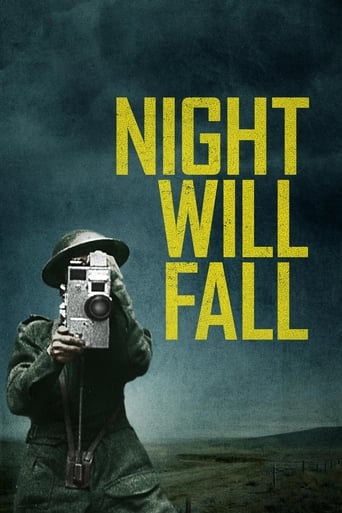


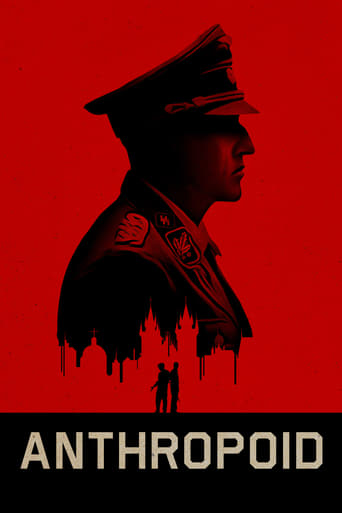


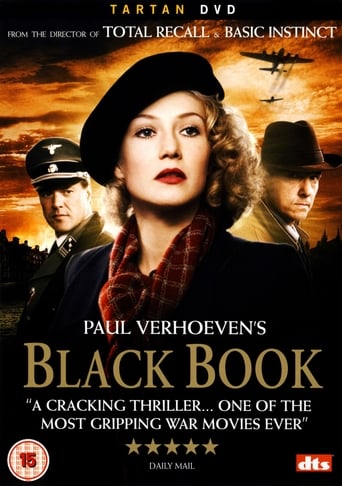



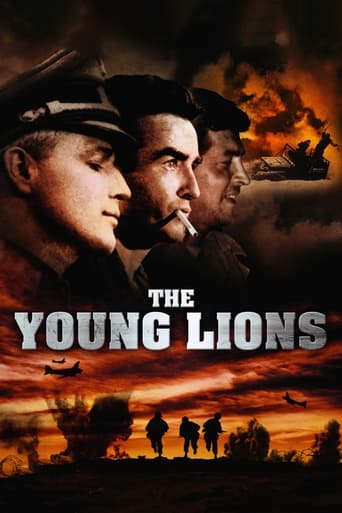
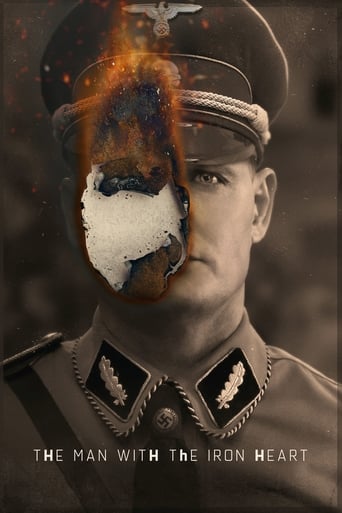
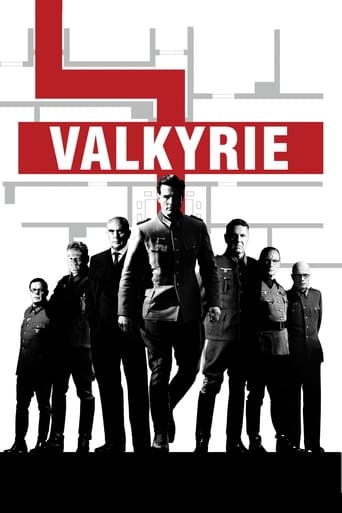





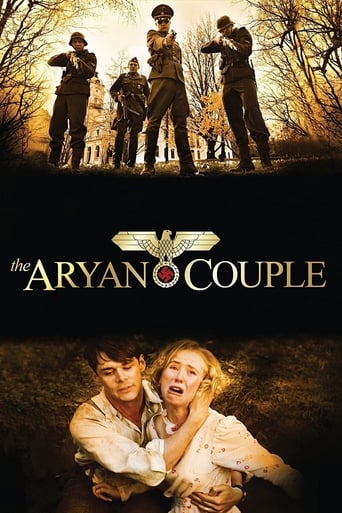

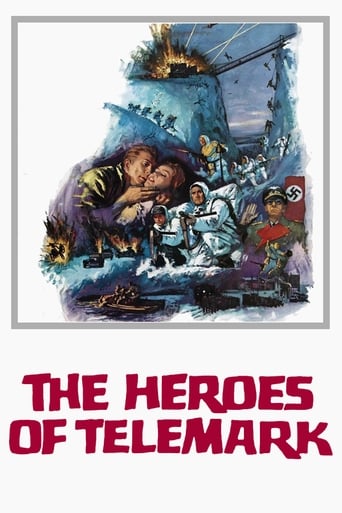





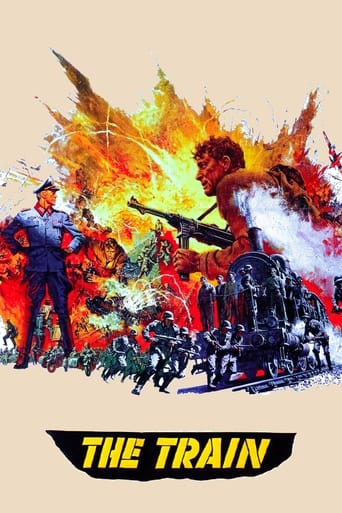
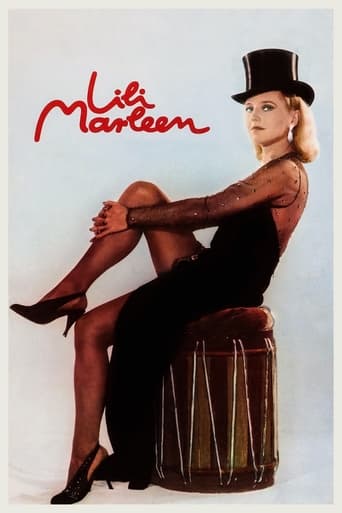

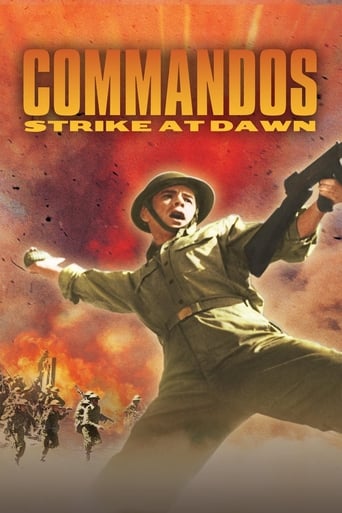


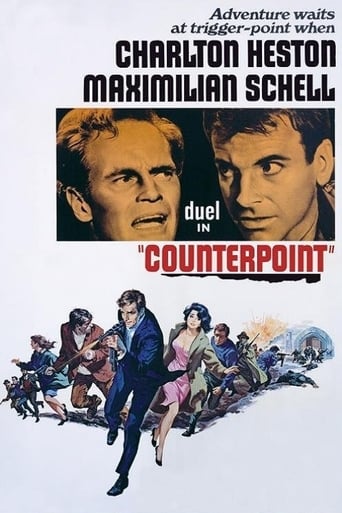
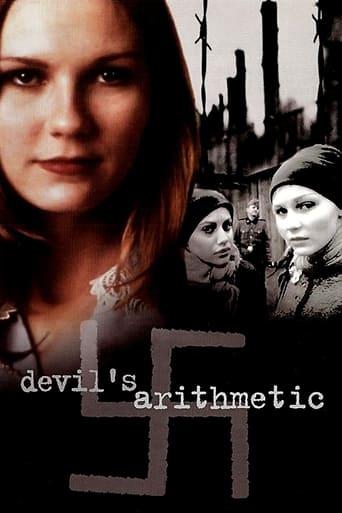

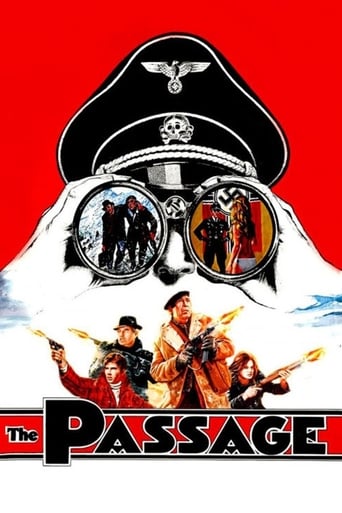


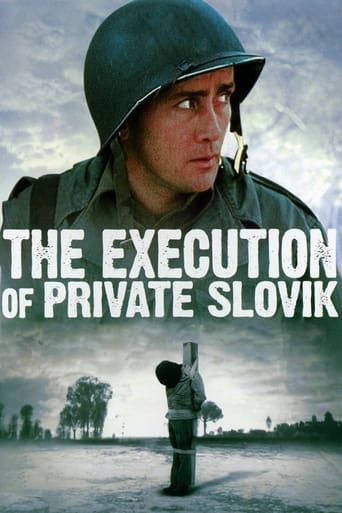



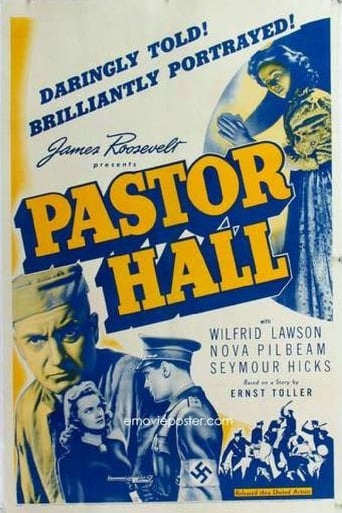



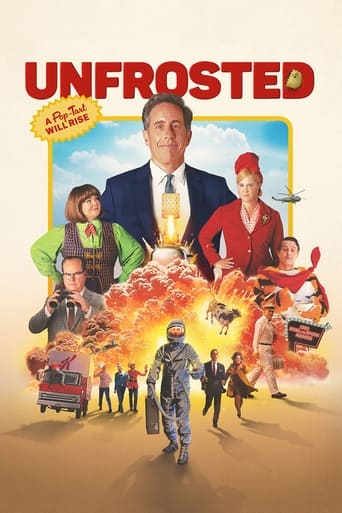
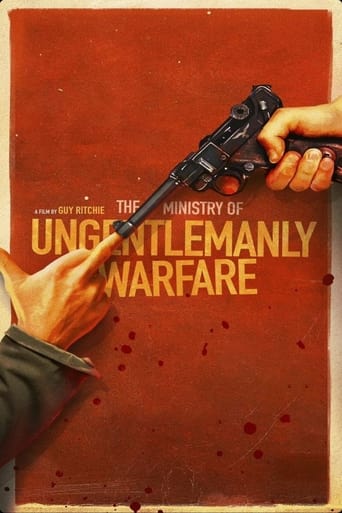




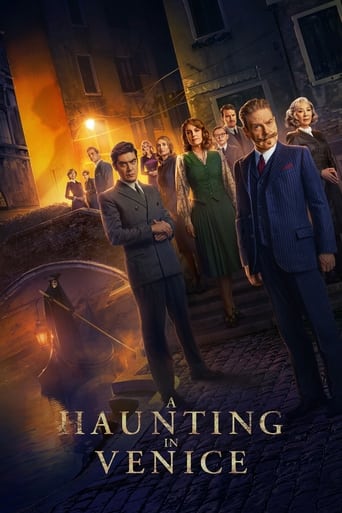
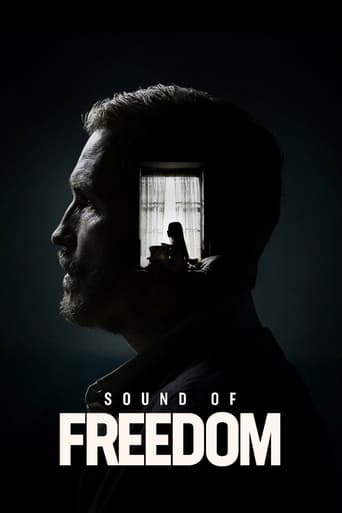

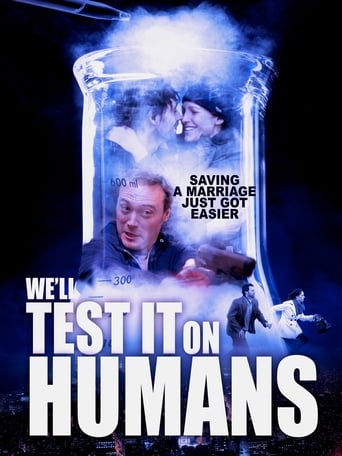
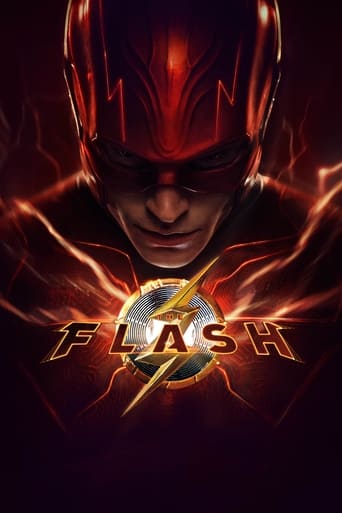
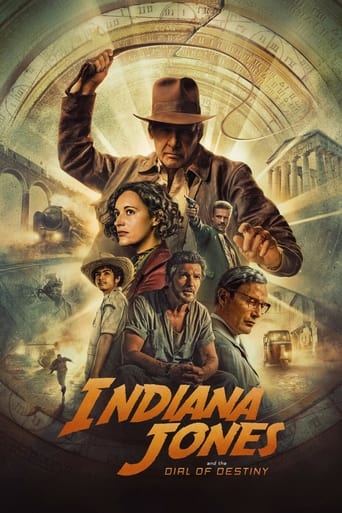
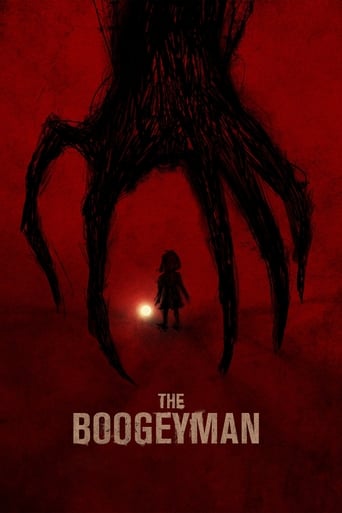
The Four Horsemen of the Apocalypse
Karl from Germany and Marcelo from France emigrated to Argentina and became brothers-in-law. Karl soon returned to Germany to serve in the army. Marcelo and his children Julio and Chichi became Argentinean citizens but later returned to Paris. Karl became a general with a son (Heinrich) in the SS and in WWII he got a high job within the occupation administration in France.